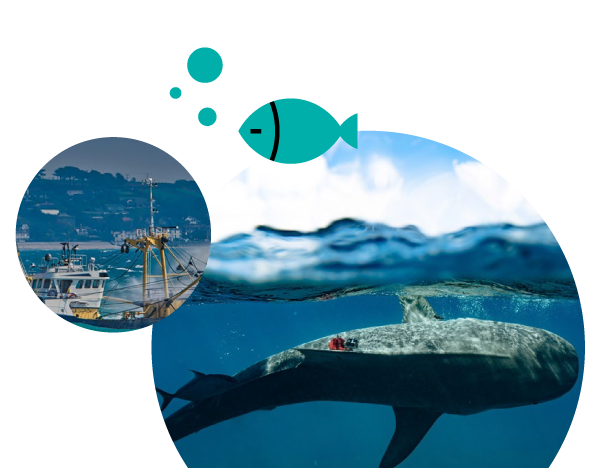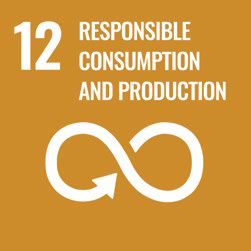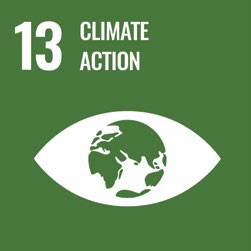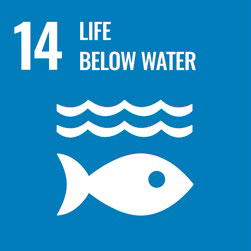Sustain marine economy and coastal communities
Dr. Nicholas Payne, Dr. Andrew Jackson and Dr. Nessa O ‘Connor
The world’s oceans drive global systems that are essential for humankind. These natural resources (marine stocks) are endangered, with an estimated 30% of the world’s fish stocks over-exploited beyond the level at which they can reproduce sustainably. Marine ecosystems are very sensitive to environmental changes (i.e. temperature, chemistry, ocean currents and biodiversity), so managing this resource sustainably is vital for humankind.
“Over three billion people depend on marine and coastal biodiversity for their livelihoods and the market value of marine and coastal resources and industries is estimated at $3trillion. ”
 Dr Nick Payne is studying how environmental changes and challenges may influence biological and ecological patterns (e.g. reproductive, migrations patterns, etc.) of marine species. This knowledge will help us understand how these environmental factors regulate species distributions, and therefore redict future shifts in species abundances and location. Temperature strongly influences the distribution of life. By compiling large datasets on taxonomy diversity and environmental conditions of different populations of organisms, also by performing controlled physiological experiments, and measuring performance of fish in the wild, will deepen knowledge of how fish can adapt to climate change.
Dr Nick Payne is studying how environmental changes and challenges may influence biological and ecological patterns (e.g. reproductive, migrations patterns, etc.) of marine species. This knowledge will help us understand how these environmental factors regulate species distributions, and therefore redict future shifts in species abundances and location. Temperature strongly influences the distribution of life. By compiling large datasets on taxonomy diversity and environmental conditions of different populations of organisms, also by performing controlled physiological experiments, and measuring performance of fish in the wild, will deepen knowledge of how fish can adapt to climate change.
Dr Nessa O’Connor investigates how multiple stressors affect marine ecosystems and interactions between marine organisms, and sustainable development of aquatic resources, including seaweeds and shellfish. Multi-disciplinary projects test new methods for the cultivation of seaweed and develop new biomedical products, while also quantifying the role of seaweed farming for mitigation of effects of climate change.
Dr. Andrew Jackson has developed isotope stable ecological analysis coupled with computational and statistical models. These models have been used to understand better how some various ecological processes that explain spatial distribution of species. In particular, this has been successfully applied to marine species and to determine the impact of spatio-temporal patterns in fisheries discards.




